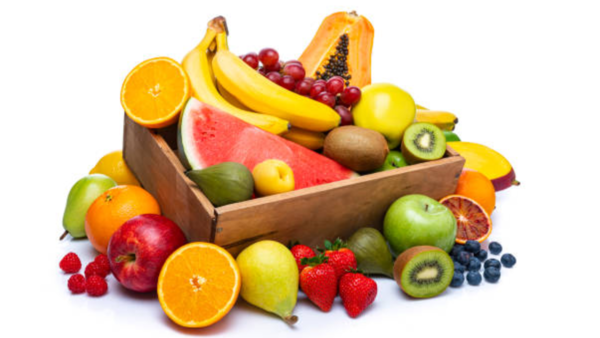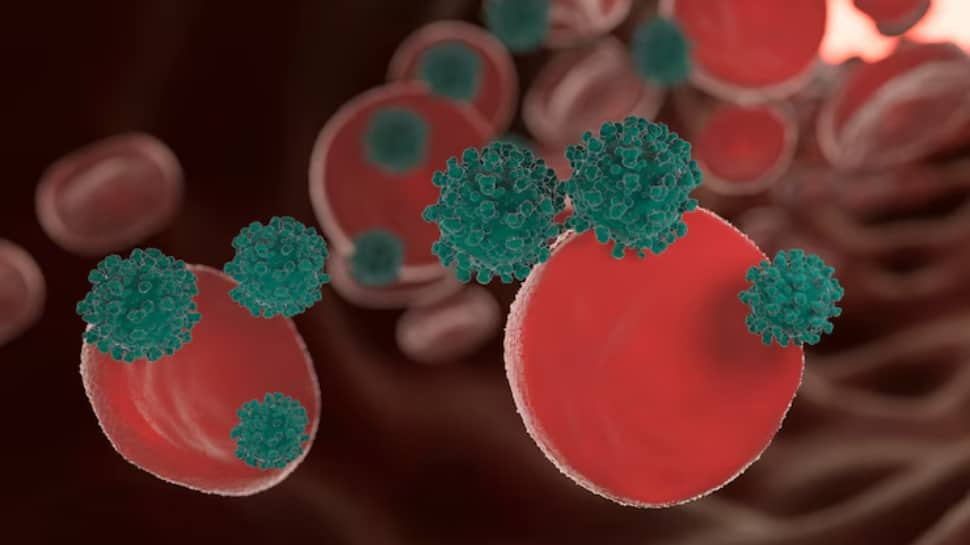Can eating fruits on an empty stomach increase the risk of diabetes? Doctor reacts |

Vegetables and fruits are an essential part of a well-balanced and nutritious diet. But when it comes to fruits, there is always so much confusion about what and when to eat. A popular nutritionist recently spoke about why eating fruits on an empty stomach is a big no. The nutritionist also adds that if a person is prone to diabetes, there is a chance that they will become diabetic earlier rather than later. But is it true, though? Is eating fruits on an empty stomach bad

Silent symptoms of magnesium deficiency that can lead to life threatening conditions
Dr. Santhosh Jacob, a muscle-centric orthopedic and sports surgeon, however, says it’s a common misconception. In a video shared on Instagram, he stresses that eating whole fruits is not only safe but beneficial for those managing diabetes.The surgeon talks about how fruits are composed of about 80% water, along with fructose, glucose, sucrose, and fiber, which have a minimal impact on blood sugar when consumed whole. “Fructose doesn’t really increase insulin or blood sugar right away. It goes to the liver to be metabolized. Sucrose is broken down into glucose and fructose. And glucose does increase the blood sugar. But it is tied to fiber, which releases the glucose in a very slow, controlled manner,” he says. According to the doctor, whole fruit consumption typically results in a temperate blood sugar rise of about 30 milligrams per deciliter over two hours, which then normalizes.He notes that this controlled response makes whole fruits a safe choice for people with diabetes, even on an empty stomach. Dr. Jacob also adds that the fiber, polyphenols, and short-chain fatty acids in fruits support gut health by feeding beneficial bacteria, contrary to claims that fruit might disrupt gut flora.Debunking the myth

The idea that fruit on an empty stomach is harmful stems from misconceptions about rapid gastric emptying and sugar absorption. Dr. Jacob clarifies that while fruits digest quickly, their fiber content prevents sharp blood sugar spikes. He dismisses fears about fruit “washing out” gut bacteria. “The only thing which could actually wash out your gut bacteria is high amounts of alcohol, overdose of antibiotics or chemotherapy drugs,” he adds. He also quotes multiple meta-analyses that show consuming whole fruits, about 250 grams daily, reduces the risk of diabetes and metabolic issues. Lifestyle factors driving diabetes

Dr. Jacob further points out the lifestyle factors that contribute to diabetes. “Consistent post-meal hyperglycemia, calorie excess throughout the day, processed foods with increased fats and refined sugar, which have no fiber in them, lack of strength training and physical activity, disturbed sleep, central obesity, and stress are probably the reasons India is getting diabetic,” he notes. He concludes, adding that whole fruits, rich in nutrients and fiber, can be a ‘saving grace’ for those looking to manage or prevent diabetes.








